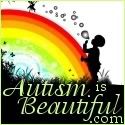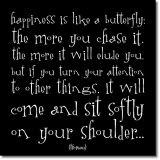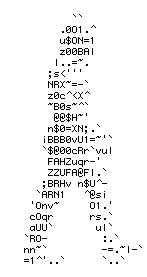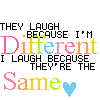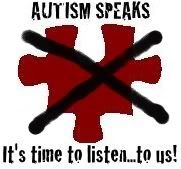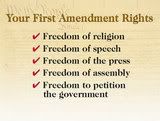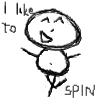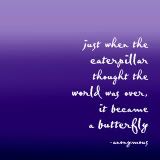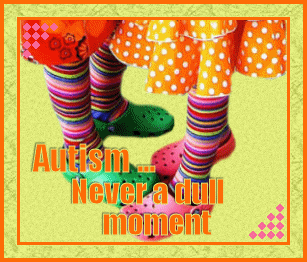Unless you've been hiding under a rock (or on the road traveling like me), you have heard of the ridiculous comments made by radio talk show host Michael Savage about autism.
From several sides, his comments are offensive--and very flawed. Let's start with this claim that in "99 percent of the cases, it's a brat who hasn't been told to cut the act out. That's what autism is..."
Really? That has got to be one of the most ignorant statements I've heard with regard to autism (and trust me, I've heard plenty). So, Mr. Savage, you mean to tell me that only 1% of the children who are diagnosed with autism--who attend special programs, therapy, etc. for their autism--only 1% are actually autistic? Based on those odds, it's very likely that in his mind, my daughter or anyone of her classmates must not have autism, or the kids who attend the same therapy center, most if not all, are not autistic. Right, that makes perfect sense Mr. Savage.
Then there's the fact that he views autism as a "fraud, a racket." I'd love to hear how exactly he concluded this. Is my daughter acting, putting on a show? Are we as a family gaining something from some sort of sham, from "faking" autism? Exactly what kind of "racket" do we have going on? I'd love some explanation--but again, these are some of the most ignorant and nonsensical statements about autism I've ever heard.He spirals even further downward, placing blame on the fathers (which is an interesting twist, typically it's us moms who get the blame from misguided people). Apparently, Mr. Savage also is unaware of girls like mine, who are also autistic. His rant centers around the idea that boys are not being yelled out by their fathers, and that's why they are being diagnosed with autism. Fathers, according to Savage, should tell their sons:
"Don't act like a moron. You'll get nowhere in life. Stop acting like a putz. Straighten up. Act like a man. Don't sit there crying and screaming, idiot."This was especially disturbing to me. Not too long ago, autistic children were called many horrible names by the medical community. Today, sadly, there are too many in society who still refer to our children with vicious insults. The words "putz" and "moron" (and "dummy" which Mr. Savage also said later on) were bad enough, but "idiot" really enraged me. Years ago, my child would be labeled an "idiot savant." She has an extremely high IQ, uneven skill sets (splinter skills), yet her social, adaptive, and communicative skills are rated in the very low to low range.
I never thought much about the word "idiot," it easily rolls of the tongue of most people. But in the last few years, it's had new meaning to me. Our neurologist first said "idiot savant" following our child's first IQ test, explaining how a person could have a genius IQ along with developmental delays, etc. We were utterly perplexed by this concept. Our neurologist said "the outdated term you may be familiar with is 'idiot savant'." I know how society used to treat "idiots" and "idiot savants." I also know how history has a way of repeating itself. This is not a word I would ever use in reference to autism or autistic individuals. Shame on you, Mr. Savage!
I would invite Mr. Savage to come stay with our family for a week, or even a day. Then perhaps he could enlighten me on how we were benefiting from this autism "racket," and how my child was really just a "brat." Maybe he could show my husband how better to berate my child, so she wouldn't act the way she does. I wonder what Mr. Savage would say to the neurologist, psychologist, developmental specialists, pediatrician, special ed teacher and para, and multiple therapists who see my child, have diagnosed her, and so on. Are they all in on this sham too? I am curious to hear this man's recommendations.
Savage's comments are, at best, a big fat waste of breath. I considered not even writing about them. They are ridiculous, and not really worth my time. However, Mr. Savage has a huge following (upwards of 10 million listeners) and therefore his words can alter millions of people's views on autism. That can be dangerous. The last thing we (autism families, autistic individuals, and society as a whole) needs is more stigmatizing, stereotyping, and mocking.
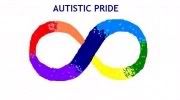


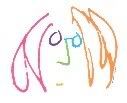 April is officially over. And all I can think of is John Lennon's "Happy Xmas (War is Over)" song...
April is officially over. And all I can think of is John Lennon's "Happy Xmas (War is Over)" song...
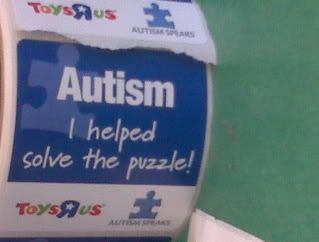





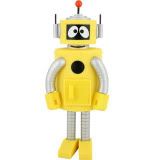 I came across these 3 interesting pieces the other day (none of which have anything to do with robots). One is about a new film premiering tonight, the second is about a new study, and the third highlights the 'other' autism awareness (you know, the one that actually tries to help autistic individuals and their families, not the "
I came across these 3 interesting pieces the other day (none of which have anything to do with robots). One is about a new film premiering tonight, the second is about a new study, and the third highlights the 'other' autism awareness (you know, the one that actually tries to help autistic individuals and their families, not the "
 Larry King read a message from Jenny's "mate" on his show:
Larry King read a message from Jenny's "mate" on his show:
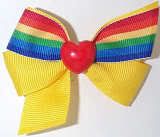
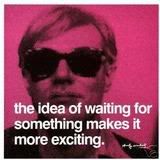 I suppose Andy Warhol was right on.
I suppose Andy Warhol was right on.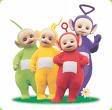 Earlier today, my older daughter tells me about the
Earlier today, my older daughter tells me about the  If you happen to catch a story called "Hoop Dreams" on Headline News'
If you happen to catch a story called "Hoop Dreams" on Headline News' 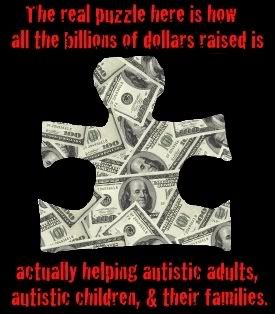







 This Way of Life
This Way of Life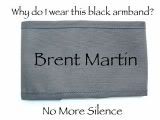

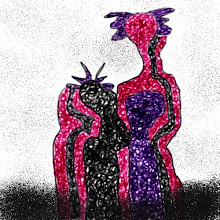

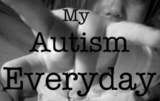





 "Autism is a way of being. It is pervasive; it colors every experience, every sensation, perception, thought, emotion, and encounter, every aspect of existence. It is not possible to separate the autism from the person."
- Jim Sinclair
"Autism is a way of being. It is pervasive; it colors every experience, every sensation, perception, thought, emotion, and encounter, every aspect of existence. It is not possible to separate the autism from the person."
- Jim Sinclair


